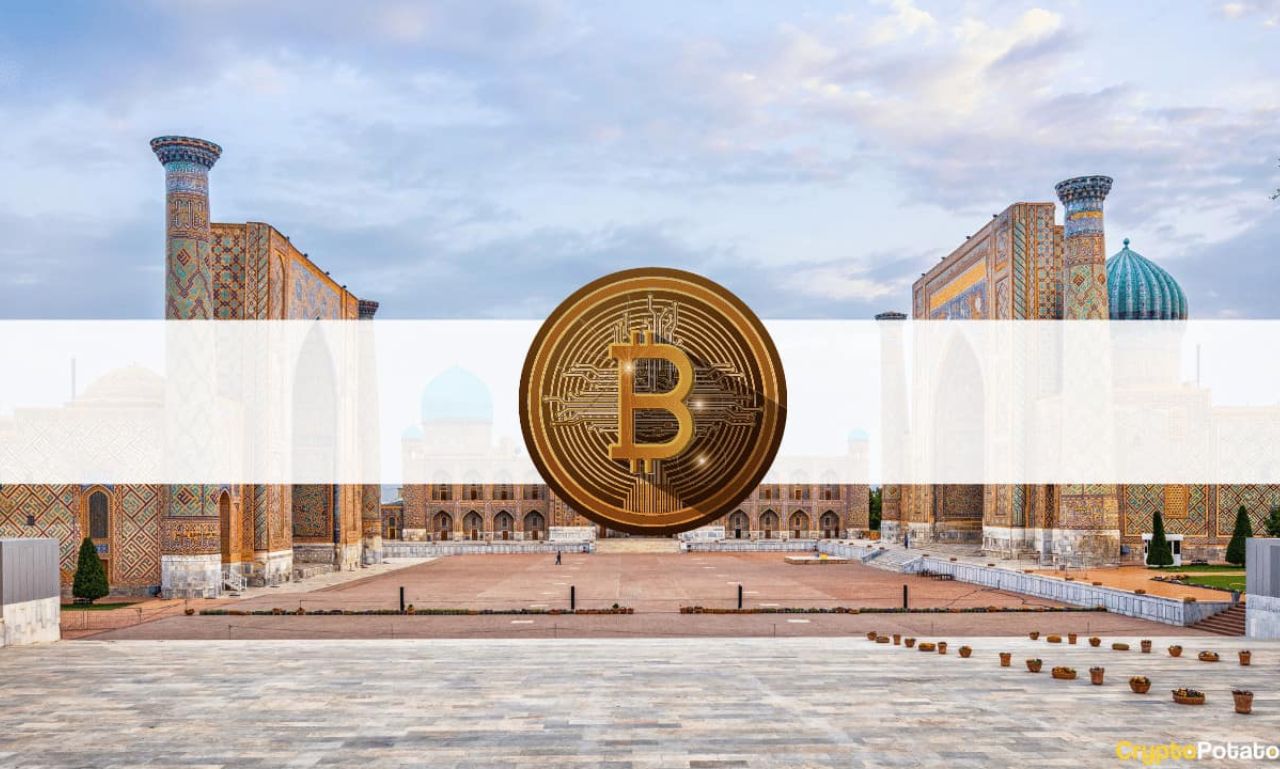Exchanges such as Binance, FTX, Huobi, and Bybi were among those that were blocked.
Uzbek citizens and corporations will be required by law to conduct transactions only with approved cryptocurrency exchanges beginning on January 1, 2023.
In order to conduct business within the borders of this nation, cryptocurrency mining pools, exchanges, and custodians are required to obtain a license.
As a result of unregistered trading, the National Agency of Perspective Projects (NAPP) of Uzbekistan has limited access to a number of the largest international cryptocurrency exchanges.
The most recent statement released by NAPP recognizes the surge in the number of online platforms that are delivering crypto-related services to Uzbek citizens without the requisite license. Uzbekistan has just announced that it will limit its people’s access to cryptocurrency exchanges and over-the-counter brokers. This is due to the fact that the country’s policies do not allow its residents to engage in cryptocurrency trading on international platforms.
These announcements will have an impact on a number of global exchanges, including Binance, FTX, and Huobi. Binance’s CEO of Eastern Europe, Gleb Kostarev, has acknowledged that the cryptocurrency exchange’s website has been inaccessible to users located in Uzbekistan since August 9 of this year. He said other cryptocurrencies such as Huobi, FTX, and Bybit were also restricted.
The regulatory body goes on to say that these platforms
“do not bear any legal responsibility for carrying out operations with crypto assets, cannot guarantee the legitimacy of transactions, as well as the proper storage and confidentiality of the personal data of citizens of the Republic of Uzbekistan,” as stated in the previous sentence.
The watchdog organization for cryptocurrencies pointed out that as of the year 2023, Uzbek citizens and businesses will be legally permitted to conduct transactions only with licensed cryptocurrency exchanges.
In addition, NAAP stated that it had not previously prohibited foreign exchanges because it did not want to cause citizens who had funds on them any hardship. According to the statement, however, this “did not mean that citizens can freely trade on international platforms until January 1, 2023.” This date is stated in the announcement.
In addition, the agency in charge of regulation had encouraged citizens not to use the services of online platforms that had not been granted a license and had informed law enforcement about these sites.
The decision by NAAP is supported by a law passed in 2018 that required cryptocurrency mining pools, exchanges, custodians, and stores to obtain licenses to operate within the country.
In April, the NAAP was responsible for putting the state’s policy regarding the cryptocurrency economy into action and ensuring that investors’ rights were safeguarded. The organization is tasked with bringing blockchain innovations to the public sector as well as preventing money laundering, financing terrorist organizations, and the proliferation of weaponry via cryptocurrencies. The NAPP made the announcement in June that it would only let enterprises mine cryptocurrencies in the country if they did it using solar energy.
In the most recent years, Uzbekistan’s relationship with cryptocurrency has been rocky at best. In 2018, the Republic approved crypto trading, however, in late 2019, the government stopped allowing local residents to buy cryptocurrency. In addition, beginning in November 2021, residents were granted permission to trade crypto assets for the country’s currency on domestically approved crypto exchanges, while non-residents were granted permission to trade digital coins for currencies of other nations.
More News: What Could be the Next Target of Ethereum?
